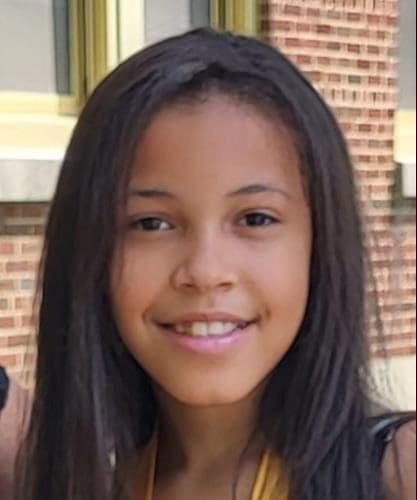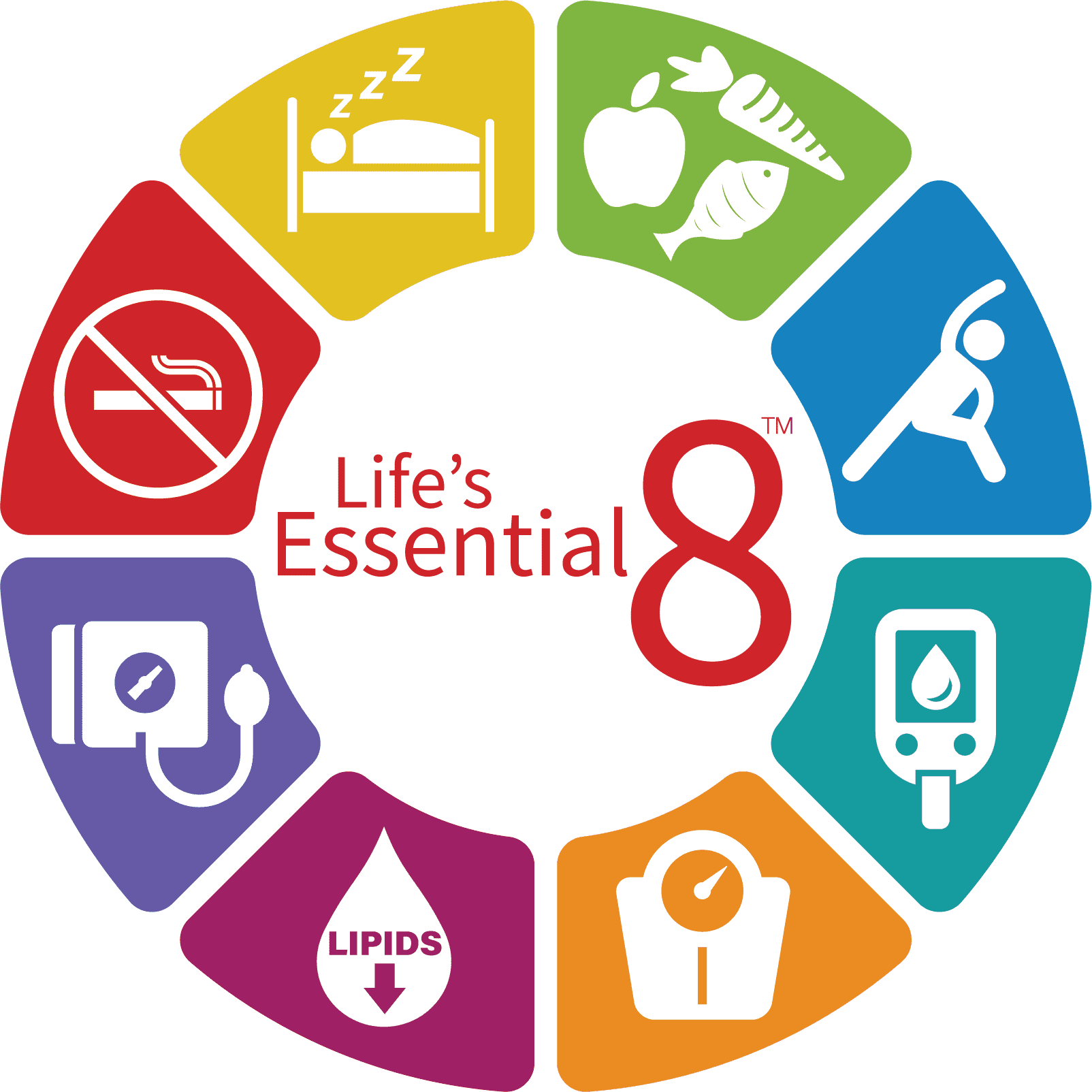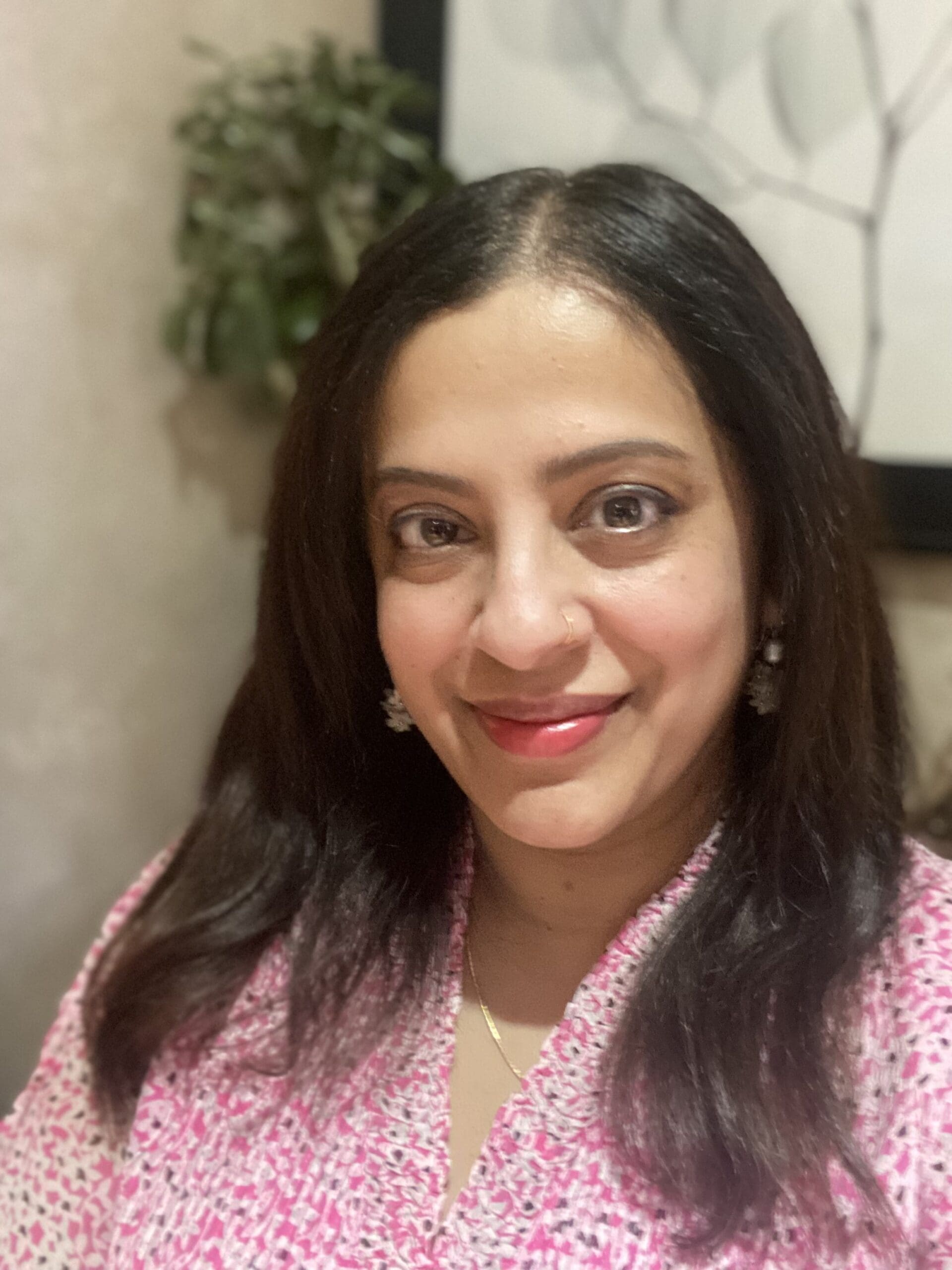Inside the Urban Video Project
Photography by Paul Carmen Viggiano
If you’ve ever walked past The Everson Museum of Art on a Thursday, Friday or Saturday night, chances are you might have seen a video projection on the side of the building. That’s thanks to Urban Video Project and its technical producer, Anneka Herre.
This month, we sat down with Anneka to talk about what drew her to the arts and the Urban Video Project.
SWM: You moved to Syracuse in 2009 to teach in the transmedia department at Syracuse University. What attracted you to that field of study?
Anneka: My undergraduate training was actually in sculpture, English and philosophy — a triple major. In grad school, I earned an MFA in film and video at the University of Illinois in Chicago. I did mostly installation-based work. Doing architectural interventions and incorporating video into them was, in many ways, very good preparation for doing an architectural projection onto this amazing piece of brutalist architecture [of the Everson Museum].
SWM: What drew you to the field of transmedia?
Anneka: It allows you to do so many different things. You can become a dilettante at many areas that people would otherwise spend their entire lives pursuing. You end up learning all kinds of things, some of which are very practical and some of which are very theoretical. You can pull those disparate things together in art in a way that’s difficult to do in other disciplines.
Also, there was a kind of sociality about the way that you had to make [art]. Unlike writing and philosophy, which are very solitary pursuits, it was inherently social or collaborative.
SWM: How would you describe “video art”?
Anneka: It’s tricky. It’s become so many things. Basically, moving image arts — that’s the term I tend to use at this point.
SWM: Tell us about Urban Cinematheque.
Anneka: Every year, we hold an event, which is our end-of-the-summer/beginning-of-the-school-year event, Urban Cinematheque. For that, we invite dozens of arts and cultural organizations to come out and table. Then, we screen a popular recent film on the side of the Everson, using our production equipment.
It’s completely open to the public. It’s kind of a giant mixer between the general public, the student body and all the cultural offerings of the region.
SWM: How else can the public connect with Urban Video Project throughout the year?
Anneka: We have artists talks and screenings — all free, year-round. Typically, we have one event per exhibition and four or five exhibitions a year. We’ve been able to bring some pretty high profile artists, partly because of the nature of our setup. We have this big capital investment in the equipment itself and this amazingly unique public venue for presenting video art and film.
SWM: The Urban Video Project has exhibitions most weekends, right?
Anneka: Our goal for the pieces we’re exhibiting is if you are briskly walking from an event at the OnCenter to the parking lot across the plaza, you can glance up [at the projection] and get something from that really quick encounter. But if you stay and wait for the loop to come around and watch the whole thing, then you get a different experience. It rewards your patience.
SWM: You must have a wide variety of people look at each exhibition.
Anneka: It’s really unique, especially for moving image arts. Because of the technology involved, they tend to be something that’s indoors and a little bit less accessible to people for that reason. Or [it] can seem more intimidating. We’re kind of doing a drive-in.
SWM: What inspires you in your work?
Anneka: It’s kind of a balance.
There’s a lot of amazing work being done. We have the opportunity to showcase that and to make it available to the public in a way that’s really unique and very inspiring.
And then, I think Syracuse is a really interesting city. It’s got a very specific unique history and it’s very rewarding being part of that in some way that is literally at the heart to Syracuse, downtown, in the public sphere.
So, those two things: the artists and the public. SWM
For more information about the Urban Video Project, visit urbanvideoproject.com.
Interview was edited for length and clarity.





